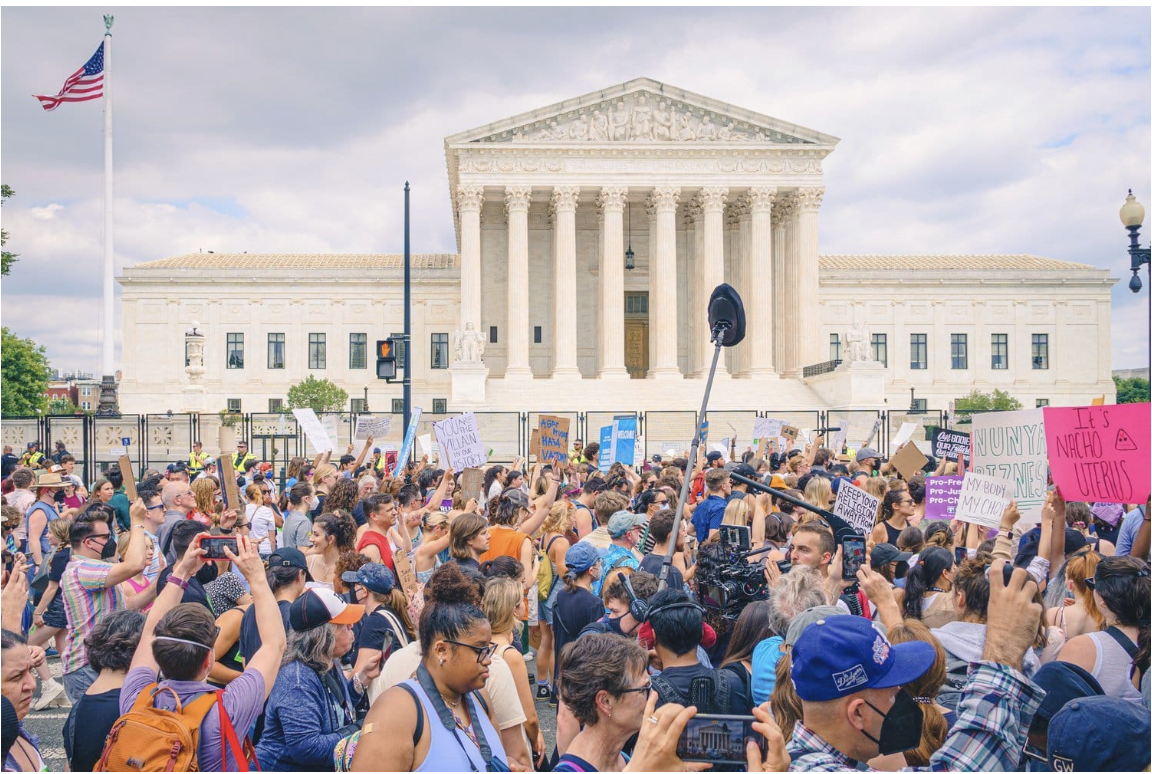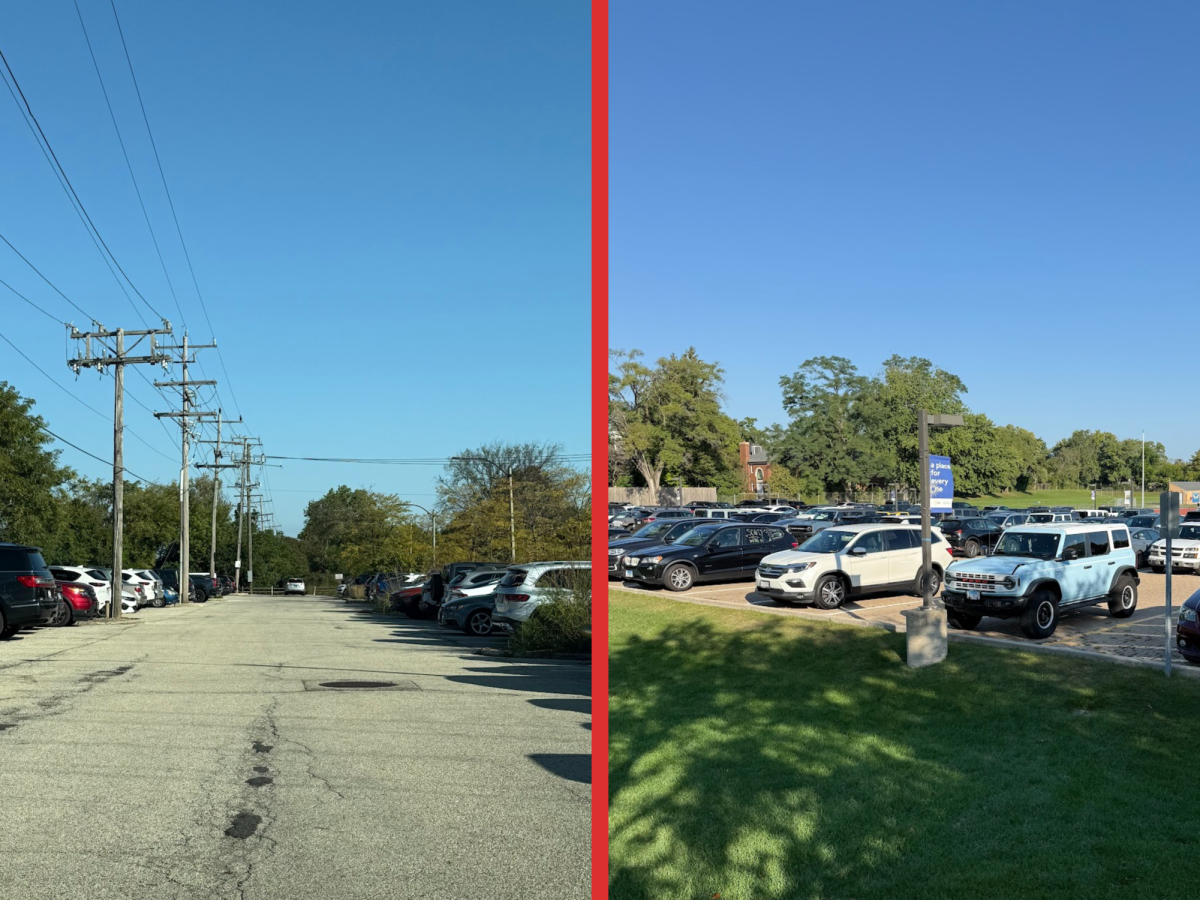In June of 2023, the Petitioner Students for Fair Admissions sued Harvard College because of the criteria they prioritized in the college admission process, which they argued violated the Title VI of the Civil Rights Act of 1964. They argued that Harvard discriminated against their Asian American applicants.
The major question of the ‘Students for Fair Admissions v. President and Fellows of Harvard College’ case asked whether “institutions of higher education use race as a factor in admissions.”
The Supreme Court voted 6-2 in favor of Students for Fair Admissions. Their ruling has made it illegal for colleges to use race as a factor when deciding whether or not to admit an applicant.
Under the demographic section of the Common App, students are still ask whether they are Hispanic/Latino and to select their race. Common App says they collect the data, which is optional, for “statistical and research purposes.”
Colleges are also looking at other demographics from their applicants, such as the diversity amongst different high schools/regions.
Of course, the Common App Personal Essay also allows applicants to discuss their race. This can tell a school a lot about how one’s race has affected the applicant through their life and through their education.
While much of the focus has been on race, legacy admissions are common. This means that if one is related to an alumnus – preferably a parent/grandparent – it boosts one’s odds of admission.
In 2022 Harvard let in 3.2% of their applicants. They admitted about 42% of donor-related applicants and 34% of applicants who were legacy applicants.
If colleges can admit students because their family donated money or because a parent is an alum, why is it a problem to give minorities an advantage?
Legacy admissions first started in the 1920s with Ivy Leagues in part to keep out Jewish applicants. Legacy students are also more likely to be white. Harvard argued that legacy admissions promotes a sense of community, while also making it more likely that those students will get involved in campus life.
There’s also plenty of research showing that admitting legacy students increases donations to the school.
Along with legacy admissions, donor-related admissions have also become a huge problem in college admissions.
Every college already charges each student extreme amounts of tuition money to allow them to attend their school. Yet, they are still searching for more money by accepting donor-related applicants.
Harvard and Duke are two examples of schools where having a connection to a wealthy donor boosts an applicant’s chances of admission. At Harvard with it being by nine percent and at Duke five percent of the students have the same connection.
Although the Supreme Court has banned Affirmative Action, they have yet to ban legacy admissions. However, many states have taken their own action.
In 2021, the state of Colorado was the first state to ban legacy admissions in public schools and Virginia recently became the second just this year.
Some schools have also reevaluated their thoughts on legacy admissions after the Affirmative Action ban, some of which include the entire UC system, UGA and Texas A&M.
If we can get rid of Affirmative Action, why can we not ban legacy and donor-related admissions?








